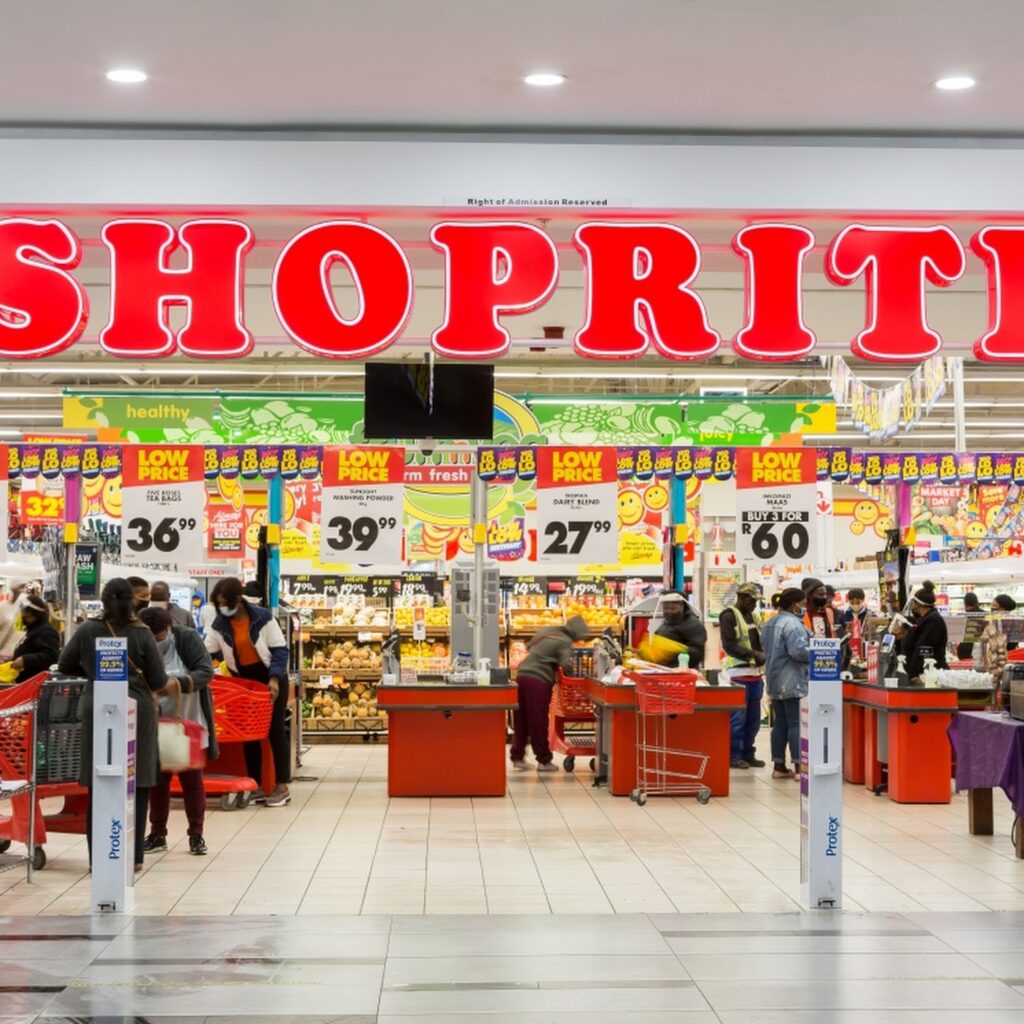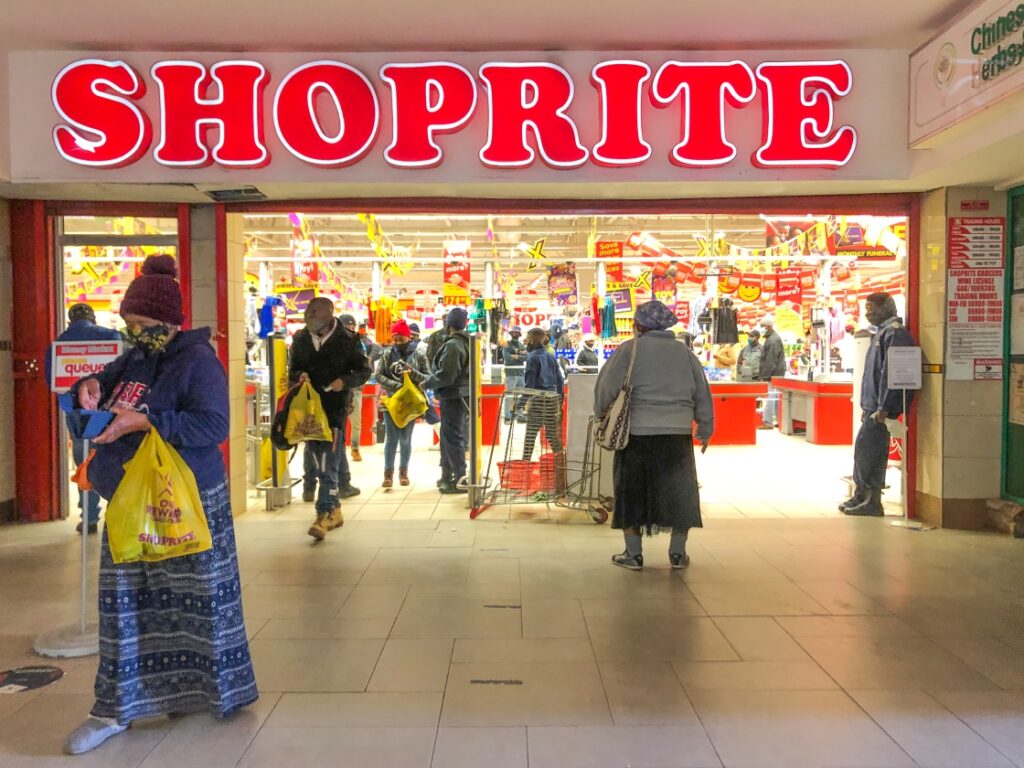20 Key Lessons from Shoprite and Boxer About Succeeding in the Township

20 Key Lessons from Shoprite and Boxer About Succeeding in the Township. Shoprite and Boxer have become household names in South Africa, not just as supermarket chains but as vital players in the economic and social fabric of townships. Their success is a case study in understanding culture, leveraging opportunities, and navigating challenges. Here are 20 comprehensive lessons entrepreneurs can learn from their journeys, highlighting both their triumphs and their missteps.
Understanding the Township Economy
Shoprite and Boxer succeeded by recognizing that the township economy operates differently from urban markets. Price sensitivity and community-driven purchasing behaviors play a significant role. By offering affordable prices and bulk-buy deals, they addressed the needs of low-income households.
Lesson: Tailor your business model to align with the unique dynamics of your target market.

Strategic Location Choices
Both brands positioned their stores at high-footfall areas like taxi ranks and bus stations, ensuring accessibility and convenience for township residents.
Lesson: Location matters. Be where your customers are, especially in underserved communities.
Affordable Pricing with Quality
Boxer’s slogan, “More for Less,” underscores its commitment to affordability without compromising on quality. Shoprite’s weekly specials reinforced this strategy.
Lesson: Value for money builds trust and loyalty.
Mistakes in Misreading Cultural Sensitivities
Early on, both chains faced criticism for offering limited culturally relevant products. Customers demanded items like traditional maize meal brands and local spices. Adjusting to these preferences boosted sales.
Lesson: Research your market deeply to avoid missteps in product offerings.
Leveraging Township Culture
Boxer’s festive campaigns often included local artists and vernacular slogans, making their marketing resonate with township culture. Shoprite’s sponsorship of community events further solidified its cultural relevance.
Lesson: Embrace and celebrate the culture of the communities you serve.

Building Community Trust
Shoprite’s early adoption of stokvel accounts enabled groups to pool funds for bulk purchases, fostering trust and loyalty. Boxer followed suit, creating tailored stokvel solutions.
Lesson: Provide services that align with community values and traditions.
Expanding During COVID-19
The pandemic was a turning point. Both brands ensured uninterrupted supply chains, stocked essential items, and implemented safety measures early. This bolstered their reputations as reliable partners during crises.
Lesson: Adapt swiftly to challenges and demonstrate reliability when it matters most.
Mistakes in Early Supply Chain Disruptions
During initial township expansions, both brands struggled with stock shortages and inconsistent product availability. Lessons learned led to improved logistics and supplier relationships.
Lesson: Robust supply chain management is critical to maintaining customer trust.
Fostering Employment Opportunities
Shoprite’s focus on hiring from local communities created jobs and built goodwill. Boxer’s training programs empowered employees to grow within the company.
Lesson: Investing in local talent fosters loyalty and strengthens community ties.

Collaborating with Local Vendors
Boxer’s partnerships with local farmers for fresh produce not only reduced costs but also supported township agriculture. Shoprite’s inclusion of local brands further empowered small businesses.
Lesson: Collaboration with local suppliers benefits both your business and the community.
Adapting to Payment Trends
Shoprite’s introduction of cashless payment options and Boxer’s use of mobile money platforms reflected their understanding of township financial habits.
Lesson: Stay ahead of technological trends to meet evolving customer needs.
Effective Marketing Strategies
Boxer’s colorful branding and Shoprite’s “Big Red Deals” became synonymous with savings. Both brands used radio and in-store promotions effectively to reach their audience.
Lesson: Consistent and relatable marketing builds brand identity.
Mistakes in Overlooking Informal Traders
Initially, Shoprite underestimated the influence of informal spaza shops. Boxer’s proactive partnerships with spaza owners helped it gain ground.
Lesson: Recognize the role of informal economies and find ways to collaborate.
Commitment to Convenience
Shoprite’s introduction of Money Market counters and Boxer’s utility payment services enhanced convenience, making their stores a one-stop-shop for township residents.
Lesson: Offer services that make life easier for your customers.

Strengthening Local Relationships
Shoprite’s sponsorship of community initiatives, like feeding schemes and educational programs, built strong ties. Boxer’s focus on engaging local influencers strengthened its grassroots appeal.
Lesson: Community engagement drives loyalty and trust.
Mistakes in Neglecting Sustainability Early On
Environmental concerns were not initially prioritized. However, both brands’ subsequent efforts in reducing plastic waste and promoting eco-friendly practices improved their public image.
Lesson: Sustainability is not optional; it’s a necessity.
Responding to Customer Feedback
Shoprite’s decision to stock niche items, like African haircare products, came directly from customer suggestions. Boxer’s customizable hampers reflected a similar adaptability.
Lesson: Listen to your customers and act on their feedback.
Investing in Technology
Boxer’s use of advanced inventory systems reduced waste and improved efficiency. Shoprite’s implementation of self-checkout kiosks streamlined the shopping experience.
Lesson: Technology is a crucial enabler of growth and efficiency.
Mistakes in Underestimating Competitors
Both brands initially underestimated the rise of independent retailers. Learning from this, they refined their pricing and promotional strategies to stay competitive.
Lesson: Never ignore your competition; use their strengths to improve your own offerings.

Resilience in the Face of Challenges
Load-shedding and economic downturns tested both brands’ resilience. By investing in backup power systems and offering extended trading hours, they continued to meet customer needs.
Lesson: Resilience and adaptability are key to long-term success.
Shoprite and Boxer’s journeys in the township market are rich with lessons for aspiring entrepreneurs. By embracing community culture, addressing challenges head-on, and continuously innovating, they’ve become indispensable to township life. Their successes and mistakes alike underscore the importance of staying attuned to the needs of your audience while remaining flexible and committed to growth. For South African businesses, their story is a reminder that understanding your market is the first step to building a lasting legacy.


